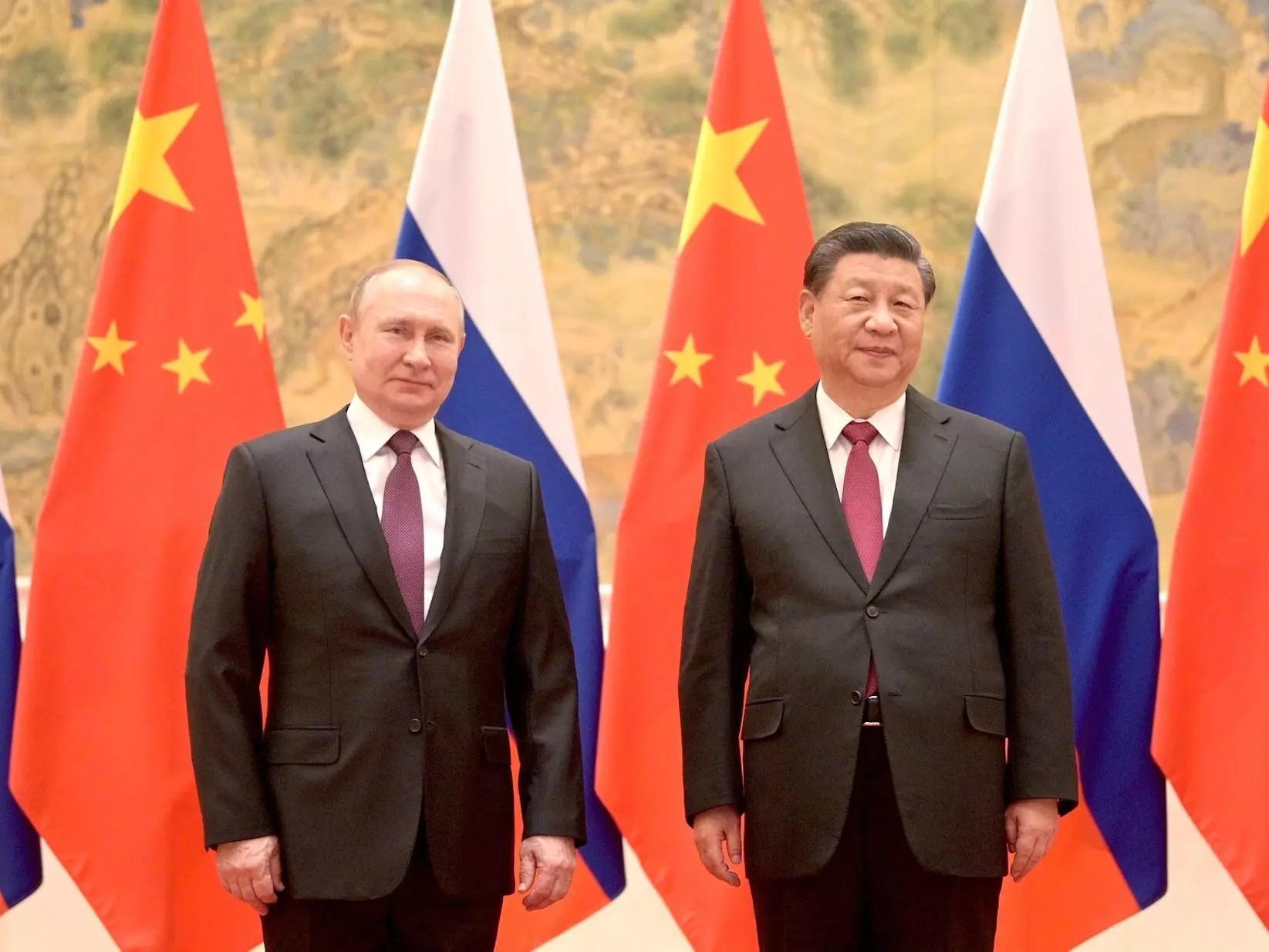With the ongoing conflict between Ukraine and Russia, some Russian banks have been swiftly banned from SWIFT, the Belgium-based messaging service that banks around the world use to easily communicate about cross-border transactions. Hampering international transactions and their trade systems, Russia has begun to look for economic alternatives. Russia and China are both proposing a ruble-based (System for Transfer of Financial Messages (SPFS)) and yuan-based (China’s Cross-Border Interbank Payment System (CIPS)) financial system respectively.

So what?
While both systems come with flaws such as a limited user base or value conversions, they do pose a threat to the US dollar hegemony. US wages will continue to decline and inflationary pressures on consumers will continue to grow to make people poorer. Countries like India and Saudi Arabia have expressed interest in both SPFS and CIPS which could indicate the start of this economic transition. As the conflict grows, could this shift lead to the world being divided into economic blocs such as a dollar-based economy and a ruble or yuan-based economy? What would this mean for China’s global positioning and its economic ambitions?







Join discussion